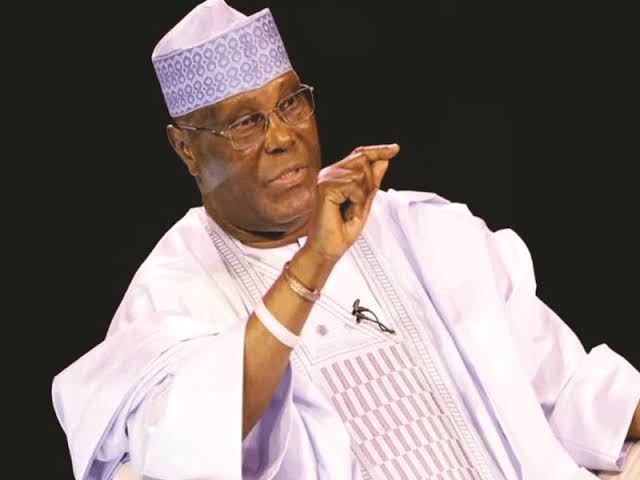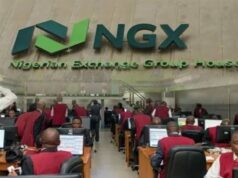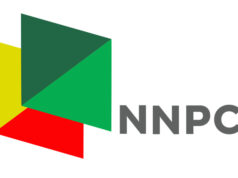The presidential candidate of the Peoples Democratic Party (PDP), Atiku Abubakar, has vowed to drive private investment to shift Nigeria from net impoter to net exporter of petroleum products if elected as the president of the country in 2023.
Atiku, who said active participation of private sector would ensure efficiency and healthy competition in the oil and gas industry, promised to make the necessary reforms that would make Nigeria refining hub for the entire West African subregion.
In a statement by his media adviser, Paul Ibe, the presidential candidate regretted that despite injecting huge resources, Nigeria’s refining capacity stands at 0.002 per capita making the country largest importer of PMS.
He said: “We need to stress that the vision of Atiku Abubakar as encapsulated in “My Covenant With Nigeria” is to drive private investment to shift Nigeria from being a ‘net importer’ to a ‘net exporter’ of petroleum products and become the refining hub of the entire West Africa region.
“We cannot hope to achieve this without extensive reforms to restore investor confidence which is currently at its lowest ebb. The active participation of the private sector in the downstream sector will help drive efficiency and healthy competition in the oil and gas sector.
“The country’s refining capacity per capita is 0.002 bpd/capita compared to Libya’s 0.06 bpd/capita and South Africa’s 0.01 bpd/capita. As of today, Nigeria imports over 80% of its refined products to meet its current needs and is said to be the largest importer of PMS in the world, with significant balance of trade implications.
“Sadly, the fiscal cost of maintaining these State-Owned Enterprises is enormous, and it comes with even greater opportunity costs. By holding unto these underperforming enterprises, Nigeria is sacrificing investments in critical areas, including education, health, water, sanitation, and rural infrastructure.
“For example, the first phase in the rehabilitation of Nigeria’s refineries is expected to gulp US$1.55 billion! With its current precarious fiscal position and daunting development challenges, Nigeria cannot afford to forego productivity enhancing investments in human capital development and channel scarce resources to moribund enterprises.”
Atiku further contended that Nigeria expends less 1% of its GDP on infrastructure which would create a deficit of USD 3 trillion in the next three decades that public sector can not finance.
“In terms of actual spending, Nigeria currently spends less than 1% of its annual GDP on infrastructure as against the required levels of between 3%-5% of annual GDP. This shortfall has created a deficit, estimated at USD 3 Trillion over the next 30 years. Our overwhelmed public sector does not have the resources or expertise to deliver. While our financing requirement is approximately 100 billion USD per annum, Nigeria’s entire budget is only USD 30 billion. The National Development Plan envisages that 80% of all investments will come from the private sector.
“Regrettably, Nigeria’s core infrastructure sectors are not operating efficiently. Almost all the infrastructure sectors from roads, railways, housing, power, and energy are operating below potential. Over the years, we have observed how these enterprises consume huge public resources while offering poor quality services. Many of these State-owned Enterprises have become a source for political patronage, corruption, and rent seeking to the detriment of Nigeria’s long-term economic growth,” he added.
The former Vice President stressed that infrastructure deficit has been making business uncompetitive in Nigeria thereby stunting economic growth.
He said: “There is no telling that Nigeria’s huge infrastructure deficit is making businesses uncompetitive and stunting economic growth. The supply of efficient infrastructure, including roads and rail transportation, communication, adequate power etcetera is extremely important for the economy to grow and create much-needed jobs.
READ ALSO: Atiku: National grid collapse shows Nigeria collapsing
“Therefore, to build the economy of our dreams, we must increase the stock and improve the quality of our infrastructure. Inadequate infrastructure has been identified as the most problematic factor for doing business in Nigeria.”
According to him, liberal environment drives better business performance as privatised enterprises and IT sector prove in Nigeria.
Atiku added: “According to the Bureau of Public Enterprises 67% of the 142 privatized firms are performing. It must be noted that several firms, not just liberalised enterprises, are facing business environment challenges in Nigeria. Many have closed and or been forced to relocate to neighbouring countries because of the poor business environment.
“There is no denying the fact that Nigeria has derived enormous benefits from the creation of a liberal environment to facilitate private sector participation in key sectors of the economy. Today, the IT sector is undeniably the fastest growing services sector in the Nigerian economy. We need to replicate these efforts by extending the reform initiatives to other sectors.”
The PDP presidential candidate further explained that despite short-term difficulties of deregulation and liberalisation many countries, have succeeded which enable their governments to “focus on investing in education, healthcare, poverty alleviation, water and sanitation with such proceeds”.
Atiku further argued that by actively promoting private sector participation in infrastructure, development would be beneficial to the economy and would incentivise the private sector to take risk and invest in the economy.
He, however, commended Nigerians especially the National Union of Electricity Employees (NUEE) for interrogating his “policy prescriptions contained in My Covenant With Nigerians.”
- 22 soldiers dead as troops kill 3 terrorist commanders, 67 others in Borno - January 26, 2025
- 79 criminal suspects killed, 224 others arrested in one week – Military - January 24, 2025
- Ukraine attacks Russian oil refinery with 100 drones - January 24, 2025









